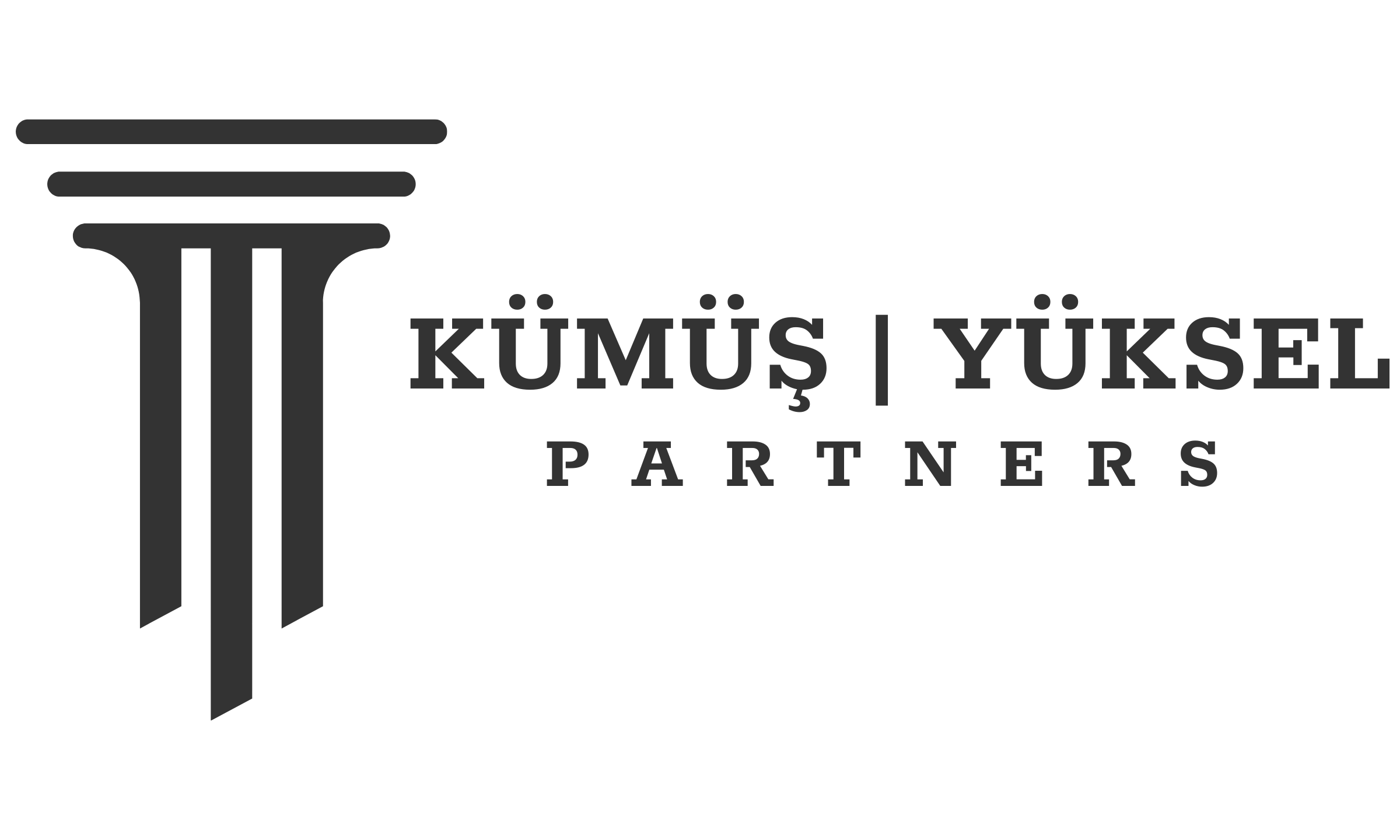New Regulations on Work Permit Evaluation Criteria under the International Labor Force Law
1. What Has Changed in the 2024 Work Permit Criteria?
The Regulation on the Implementation of the International Labor Force Law (the "Regulation"), published in the Official Gazette No. 31738 on February 2, 2022, and subsequently updated by new regulations issued by the Ministry of Labor and Social Security (the "Ministry"), has been revised with respect to the criteria for evaluating work permit applications. The changes, which came into effect on October 1, 2024, are based on Article 22 of the Regulation and introduce significant revisions to the evaluation criteria concerning employment, financial sufficiency, and wages. Additionally, special provisions have been introduced for specific sectors, occupational groups, or types of work.
2. Updated Criteria and Exemptions
The revised criteria now take into account various factors such as whether the employer is subject to the balance sheet method, whether the business is a newly established entity or an ongoing establishment, whether it is a general partnership, and whether the foreign national has previously resided legally in Turkey.
The scope of foreign nationals exempted from the evaluation criteria has been expanded. The following individuals are included under these exemptions:
- Foreign nationals who have legally resided in Turkey for at least eight years with a short-term residence permit, family residence permit, long-term residence permit, humanitarian residence permit, or victim of human trafficking residence permit.
- Foreign nationals, except for those professions and occupations reserved for Turkish citizens, who are identified as of Turkish descent by the Ministry of Interior or Ministry of Foreign Affairs or who are considered eligible under international labor policies by the Directorate General of International Labor Force.
- Foreign nationals who hold a long-term residence permit.
3. Specialized Criteria for Certain Sectors and Professions
The new regulations also introduce specialized criteria for businesses employing foreign workers based on the nature of their activities and the type of work the foreign employee will be engaged in. For example, different evaluation criteria have been established for foreign nationals working in sectors such as IT, education, domestic services (childcare, elderly and disabled care), aviation, advanced technology industries (qualified investments, R&D and design centers), public projects, healthcare, and tourism. Special criteria have also been created for foreign students applying for work permits.
4. Financial Sufficiency Criteria and New Thresholds
Regarding financial sufficiency, new thresholds have been established based on the employer’s paid-in capital, net sales, and the capital share of foreign partners. However, these new thresholds will come into effect on January 1, 2025. Until that time, the current financial sufficiency criteria will continue to apply. According to these criteria, the business must have a paid-in capital of at least 100.000 TRY, gross sales of 800.000 TRY, or an export volume of at least 150.000 USD. The capital share of foreign partners must be at least 40.000 TRY.
For work permit extension applications, the financial sufficiency criteria in force at the time of the original application will apply. For example, if a work permit was granted prior to October 1, 2024, and an extension is requested, the criteria that were in effect before that date will be applied to the extension application.
